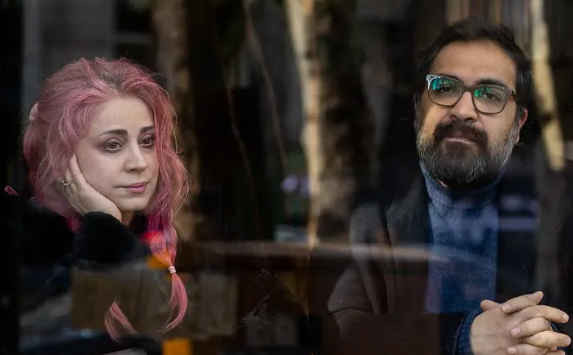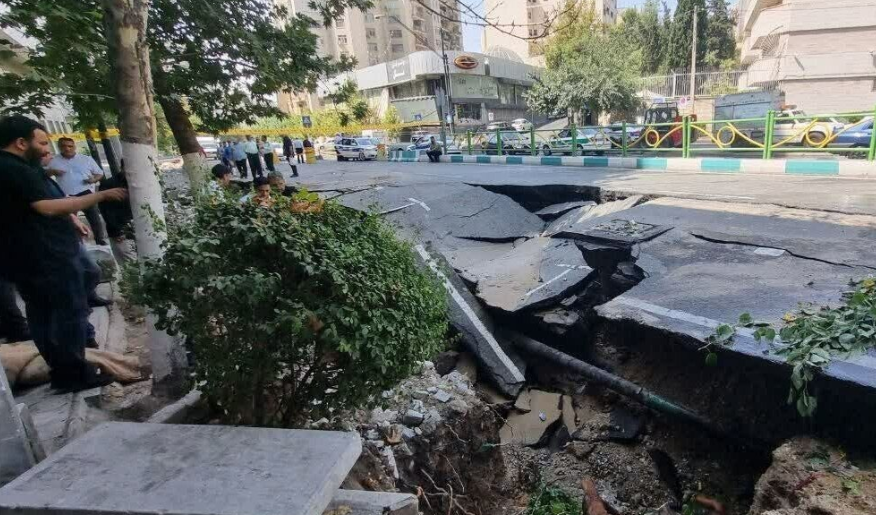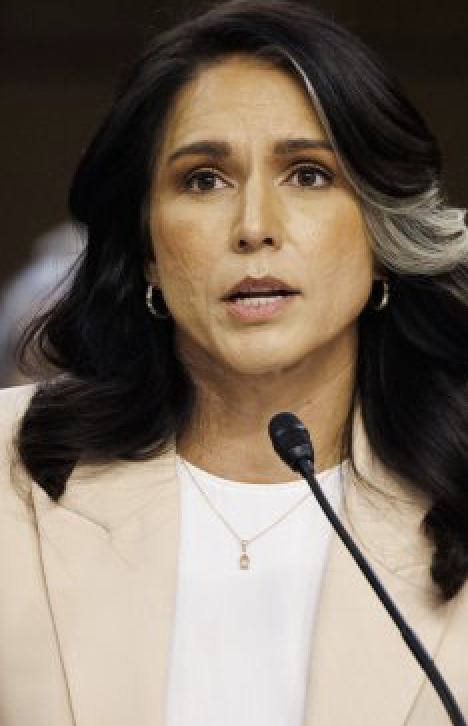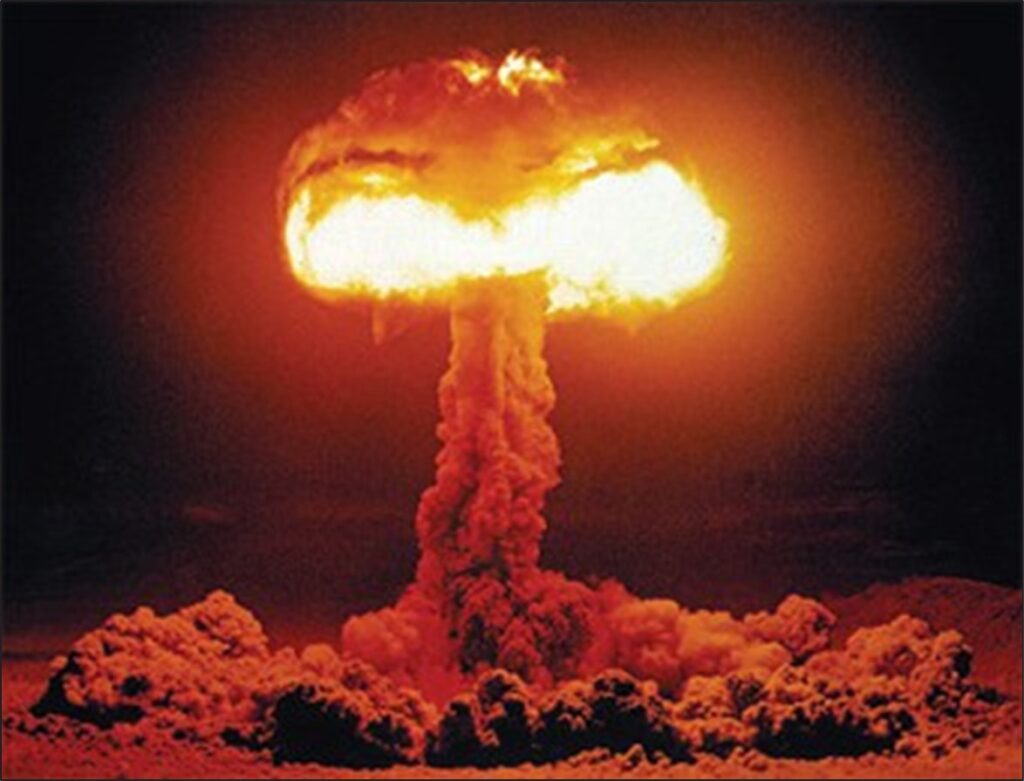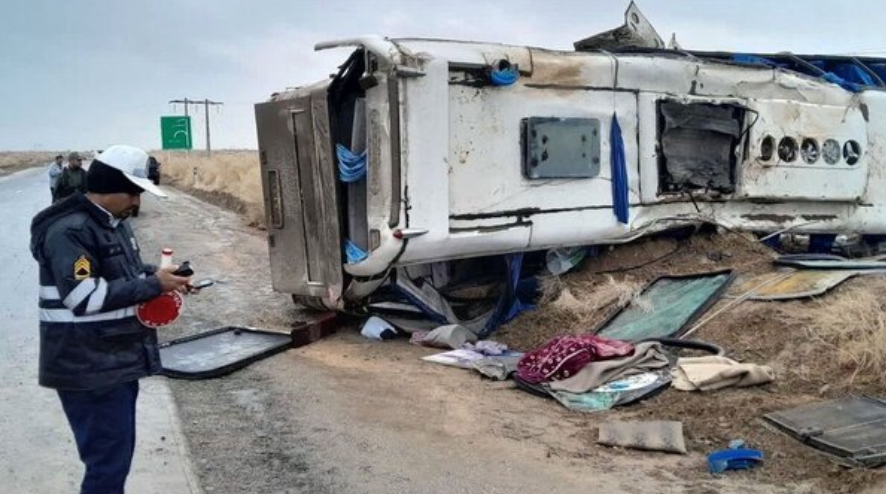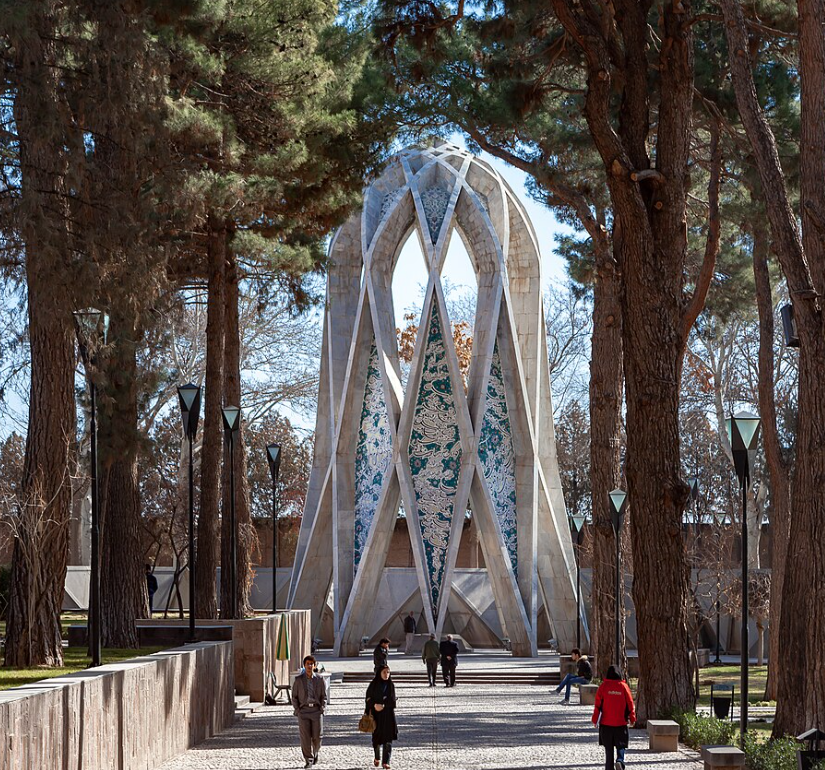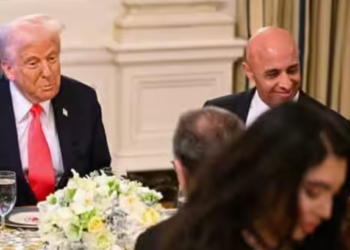November 29, 2024
by Warren L. Nelson I ran is having an unusual and very public debate over whether to build an atomic bomb. Many hardliners have come out vocally arguing for nuclear weapons, saying they are necessary to deter the Israelis and Americans from attacking Iran. They are not arguing that Iran should initiate the use of nuclear weapons.
They are talking about deterrence. But they want to see a change in the policy laid down two decades ago by Supreme Leader Ali Khamenehi, which says nuclear weapons are un-Islamic and an Islamic state must not have them.
This debate over nuclear weapons is unusual for several reasons. First, the hardliners are arguing directly against a policy enunciated by the top religious leader in a regime that says all must obey the decrees of the top religious leader.
The critics are violating the central political foundation of the regime. Many speculate they have been given the green light to do so, because normally they would find themselves cut off at the knees for questioning a policy blessed by the Supreme Leader. Second, it is unusual because the Pasdaran say they are all-powerful and have successfully deterred Iran’s enemies from challenging the regime. Pasdar generals say this day-in and day-out.
In essence, those demanding that Iran go nuclear are saying the Pasdaran are incompetent and have failed to provide deterrence. Third, the debate is unusual because, if the debate were to result in a change of policy, the Islamic Republic would likely find itself under military attack by the United States.
Just about the only thing that would prompt an American war against the Islamic Republic, with Democrats and Republicans both in support, would be a regime decision to build a nuclear weapon, which would likely take some months to accomplish.
The most recent figure to join the voices demanding nuclear weapons is Majlis Deputy Mahmud Nabavian of Tehran, who said Iran must “equip itself with all the weapons” its adversaries possess. Deputies Behnam Saedi and Ahmad Naderi earlier made similar appeals in speeches before the Majlis.
Most importantly, Hossein Khomeini, grandson of the founder of the Islamic Republic and a respected figure in Reformist circles, called October 6 for “enhancing the level of deterrence.” Though he didn’t specifically say he was referring to nuclear weapons, almost everyone assumed that was what he meant, and he has not denied that in the weeks since he spoke.
The public debate was launched in April after Israel’s first air raid on Iran, when Kamal Kharrazi, a former foreign minister, spoke of the need to think about revising the nuclear policy. The debate moved into high gear October 9 when 39 deputies, or 13 percent of the Majlis membership, signed a letter calling for a reversal of the ban on nuclear weapons.
They were criticized by former Deputy Heshmatollah Falahatpisheh, who once chaired the Majlis National Security Committee. He said quite reasonably: “All countries that have developed nuclear weapons from the US, which first used them on Hiroshima and Nagasaki, to Israel, North Korea and Pakistan did so secretly.” He pointed out that both Iraq and Syria, which tried to build nuclear weapons in secret, were targeted by Israel and their nuclear reactors destroyed.
Falahatpisheh ridiculed the signers of the letter, saying such talk is dangerous and can only provide a pretext for Israel to attack Iran. He also said Russia and China do not and would not support any effort by Iran to build an atomic bomb.
He scoffed at years of talk in Iran about “strategic cooperation” with those countries, asking, “Where are Russia and China in Iran’s tough times?” Hossein Musavian, who was on Iran’s nuclear negotiating team two decades ago and is now on the faculty at Princeton University in New Jersey, also scoffed at the talk. “Whether it takes a few weeks or a few months for Iran to obtain a nuclear weapon will not make a difference in the outcome.
In the event of a military attack [on Iran], there will be no guarantee for the continuation of Iran’s peaceful nuclear program,” let alone leave Iran with any nuclear weapons.


